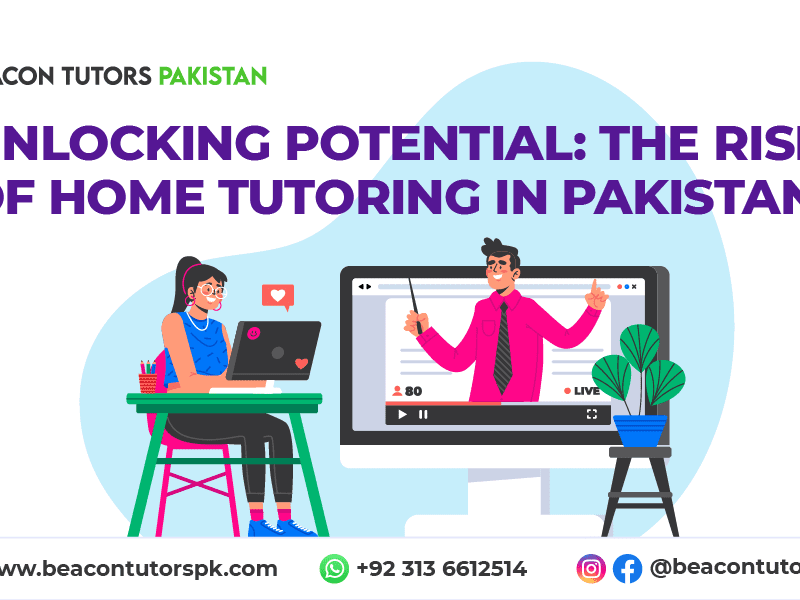
Attributes of the modern educator
According to Seth Godin in his book Stop Stealing Dreams: “The two pillars of a future-proof education are first, to teach kids how to lead, and secondly to help them learn to solve interesting problems.”
For many decades past, education has indeed evolved from the industrial era where many students were trained to work in factories, to today’s modern era where education is now seen as a tool to broaden one’s mindset so as to create global solutions.

Many practices used during the industrial era are however still in use today, such as standardized tests and multiple choice questions. However, in this era, the end goals of education and the reasons why people seek to go through formal education are rapidly changing, and with this rapid change and innovation, educators play a vital role in helping students learn to lead, grow and solve interesting problems.
Being a modern day teacher or educator might not be an easy task as it involves personal training, a need for patience, a need to understand the different learning patterns of students as well as a deeper need to understand the ever changing trends of the world.
That said, it’s easy to spot a teacher or an educator who values adapting to modern day trends and also uses problem-solving skills to teach his or her students. Below are 3 great attributes of the modern educator.

3 Great attributes of every modern educator
Modern educators are constantly learning
With so much to do from grading test scores to answering students’ questions to handling their own personal lives, educators have a lot to do. Unfortunately, they can fall into the trap of never finding enough time to educate themselves on new trends and update their skillset.
But the modern day educator is different. Why? Modern day teachers do not just see themselves as teachers, but also as students of life. If they’re not acquainting themselves with online courses on Coursera or Udemy, one can find these teachers learning from their own students.
Modern-day educators understand that the classroom can be likened to a secret pool of knowledge, where students know so much but don’t often tell. So, in order to cultivate the best learning experience, modern day teachers create a conducive environment where they encourage conversations with their students. Thus a mutual learning process occurs between the educator and the students.

Modern educators maximize the use of innovative technology
Modern-day educators encourage the use of new and innovative technology in their classrooms, so as to facilitate a stress free and smooth learning process for their students.
In certain parts of Nigeria in West Africa, many students from government-funded schools and tertiary institutions very often do not get to enjoy basic technological infrastructure such as computers in school or even online grading systems.

For students in tertiary institutions, there usually is no option to submit their assignments and tests online, therefore lecturers have no other option than to assume which essays from all the handwritten submissions have been plagiarized. This environment discourages lecturers and educators from acquiring modern-day educational skills.
Nonetheless, the rest of the modern-day teachers – within Nigeria as well as other parts of the world – who find themselves with well-equipped tech facilities, do not only understand how to use these new technologies, but they also encourage their students to be creators of new tech, and not only consumers. In such cases, online writing services such as Pro-Papers come in handy.

Modern educators have nurturing abilities and people skills
Modern-day educators understand that everyone’s learning process is different, and standardized tests and professional papers are not the truest form of measuring one’s intelligence.
While Student A may prefer reading and understanding on her own, Student B might be more of an audiovisual person who learns better with action, and finally Student C might be dyslexic, thus needing more patience and needing to practice reading and writing more.

The ability of educators to understand the different learning patterns in their students is indeed a very powerful and useful skill. It helps them understand the emotional and learning dynamics of their students, thus nurturing the students to be their best selves and acquire knowledge that would broaden their mindsets and help them set and accomplish their own individual goals.
In conclusion and from all the above-mentioned characteristics, it is undeniable that modern educators have certain attributes which help to shape the minds of today’s youth, by not just teaching them about basic school subjects, but equipping the students also with a mindset of their own that would enable them to thrive in the ever-evolving modern world.







